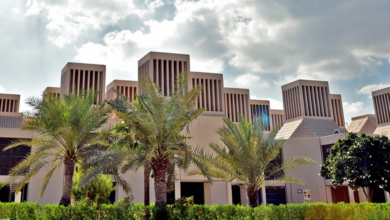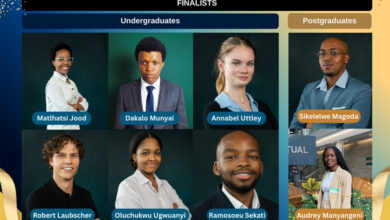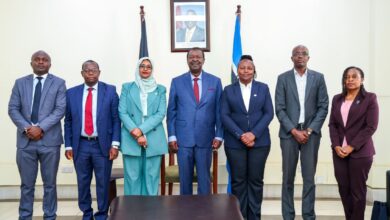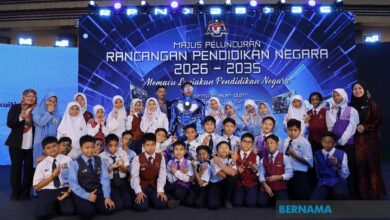WTO Deputy Director-General Angela Ellard Discusses Global Trade Future and Multilateral Relations at Waseda University
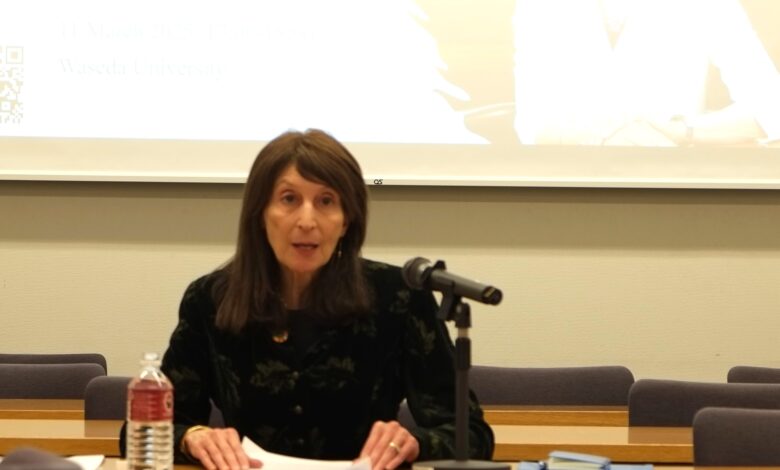
On April 17, 2025, Angela Ellard, the Deputy Director-General of the World Trade Organization (WTO), delivered a lecture at Waseda University focused on the future of global trade and multilateral relations. The event attracted an audience of students, faculty, and staff.
Challenges Confronting the WTO
During her address, Ellard outlined several significant challenges confronting the WTO, including the necessity of eliminating harmful fisheries subsidies, reforming the dispute settlement mechanism, addressing developmental issues, advancing multilateral efforts in e-commerce, and capitalizing on opportunities created by plurilateral initiatives. She emphasized the importance of engaging future leaders in the task of reinforcing global institutions amid a fluctuating geopolitical landscape.
30th Anniversary of the WTO
The year 2025 marks the 30th anniversary of the WTO, highlighting the organization’s enduring relevance in the face of increasing complexities. Key challenges include the difficulty of reaching consensus among its diverse member nations and the rising tendency toward protectionism exhibited by major economies. Ellard acknowledged these hurdles but reinforced the ongoing significance of the WTO and recent progress it has made.
Advancements in Fisheries Subsidies
Notable accomplishments include advancements in the area of harmful fisheries subsidies, with the WTO concluding the Agreement on Fisheries Subsidies in 2022. This agreement targets the $22 billion in harmful subsidies contributing to the decline of marine ecosystems and sustainable fishing practices. Ellard stressed the agreement’s role in achieving UN Sustainable Development Goal 14.6, which seeks to prohibit subsidies associated with illegal fishing, overfished stocks, and operations in unregulated waters. She mentioned that the agreement requires ratification from 15 more member nations to become operational by June 2025.
Reforming the Dispute Settlement System
Ellard also discussed the necessity of reforming the WTO’s dispute settlement system, which consists of panels and an Appellate Body that has been inoperative since December 2019 due to challenges in appointing new members. This hiatus complicates dispute resolution processes and undermines the effectiveness of the system.
The Digital Divide and E-Commerce
The lecture further addressed the importance of bridging the digital divide as technological advancements continue. The ongoing discussion surrounding the extension of a moratorium on customs duties for electronic transmissions was highlighted, with some developed WTO members advocating for its permanent status, while others have raised concerns regarding potential revenue implications.
Japan’s Role in E-Commerce Agreements
Japan’s prominent role in advocating for agreements related to electronic commerce and investment facilitation was noted. While these agreements have reached completion, achieving consensus on their integration into the WTO rulebook remains difficult due to objections from various member states.
Conclusion: Strengthening the Multilateral Trading System
In her concluding remarks, Ellard emphasized the urgent need to strengthen the multilateral trading system in response to an unpredictable geopolitical environment. She cautioned that skepticism toward global economic integration generates uncertainty that adversely affects businesses worldwide. The potential fragmentation of trade systems poses a significant risk to global GDP.
Ellard concluded by reaffirming that while the future of global trade presents various challenges, the reform and revitalization of the WTO are essential for fostering a stable and prosperous international trading environment.
Source: Waseda University News

